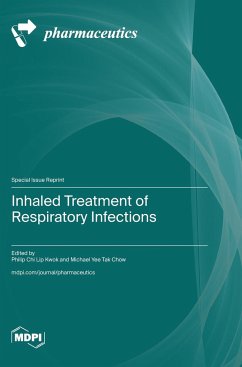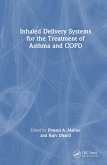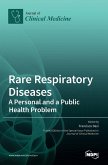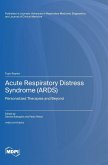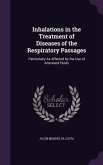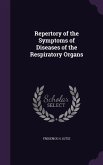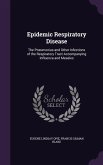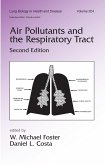Respiratory infections are conventionally treated with oral or intravenous antimicrobials (antivirals, antibiotics, and antifungals). However, these routes of administration are not ideal because the required drugs are systemically delivered rather than being targeted to the respiratory tract. Higher doses may also be needed to achieve sufficient drug concentrations in the lungs, which may consequently increase the risk of adverse effects. On the other hand, the drugs can be efficiently delivered into the airways as inhaled aerosols. Lower doses can then be used to attain relatively high local concentrations. There are specific challenges to the development of inhaled formulations, such as the optimisation of their physicochemical stability and aerosol performance. In addition, antimicrobial resistance is an urgent global public health issue. Novel strategies are required to overcome these problems. The papers in this reprint focus on recent advancements in inhaled antimicrobials and vaccines, including those for viral (SARS¿CoV¿2), bacterial (Mycobacterium tuberculosis, Mycoplasma pneumoniae, Acinetobacter baumanii), and fungal infections (moulds).
Hinweis: Dieser Artikel kann nur an eine deutsche Lieferadresse ausgeliefert werden.
Hinweis: Dieser Artikel kann nur an eine deutsche Lieferadresse ausgeliefert werden.

